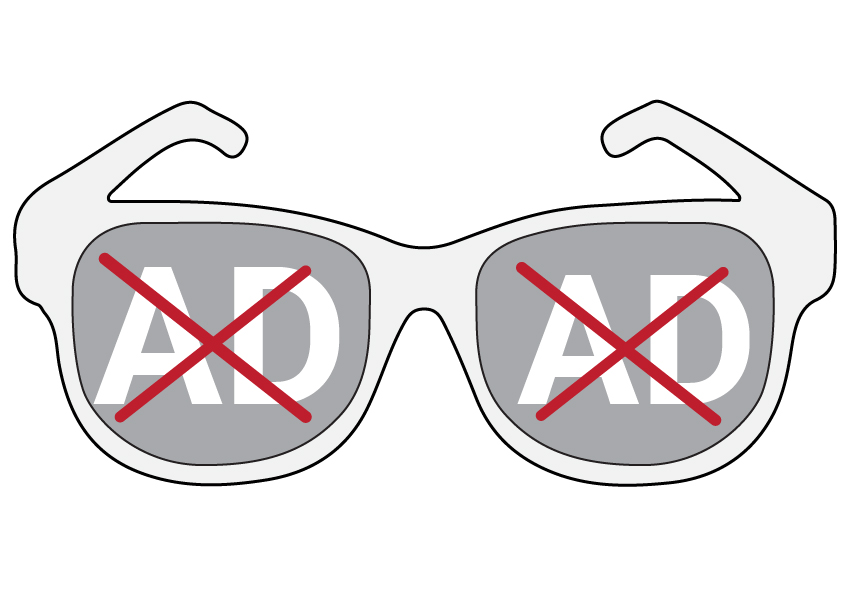
When Does Ad Blindness Occur?
“Ad blindness” occurs when viewers are over-exposed to an ad. As a result, they become oblivious to it and the ad fails to make an impression.
Ad Blindness Primarily Impacts Display Ads
Display ads are more vulnerable to this phenomenon for primarily two reasons: images are recognized more easily than text and they work by targeting users through audiences.
With search ads, there is a search intent – the person searching is querying a search engine to find something. At the time they are searching, then looking at search results — they want to see your ad. With Display Ads, on the other hand, we are delivering ads to “audiences” of targeted people who may have an interest but likely don’t initially have an intent at that time. This is where ad blindness becomes a factor.
Search is a form of direct marketing, and display is advertising. Search ads can run successfully for years without performance decay. So this is primarily an issue with ads that are primarily audience-targeted – display and video ads.
The Good News? Digital Ad Blindness is Treatable
Ad blindness becomes apparent when the click-through rate (CTR) is monitored over a long period of time. When substantially fewer clicks are generated versus a long-term baseline, the ad probably has “gone stale.”
As we manage display campaigns, we are “on the lookout” for new images and copies to test against the current ads. As part of this constant improvement process, we are always looking for decaying ad performance due to ad blindness.






